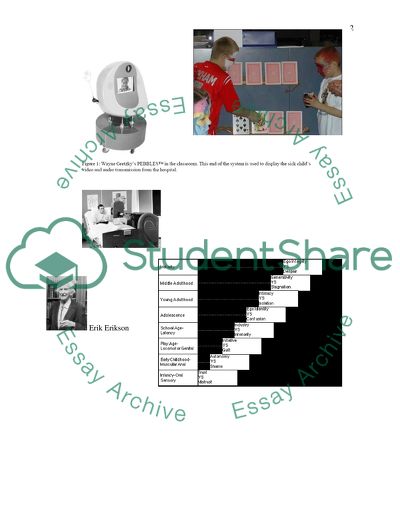Cite this document
(Developmental Theories in Psychology Essay Example | Topics and Well Written Essays - 1750 words, n.d.)
Developmental Theories in Psychology Essay Example | Topics and Well Written Essays - 1750 words. https://studentshare.org/psychology/1506845-developmental-theories
Developmental Theories in Psychology Essay Example | Topics and Well Written Essays - 1750 words. https://studentshare.org/psychology/1506845-developmental-theories
(Developmental Theories in Psychology Essay Example | Topics and Well Written Essays - 1750 Words)
Developmental Theories in Psychology Essay Example | Topics and Well Written Essays - 1750 Words. https://studentshare.org/psychology/1506845-developmental-theories.
Developmental Theories in Psychology Essay Example | Topics and Well Written Essays - 1750 Words. https://studentshare.org/psychology/1506845-developmental-theories.
“Developmental Theories in Psychology Essay Example | Topics and Well Written Essays - 1750 Words”. https://studentshare.org/psychology/1506845-developmental-theories.


